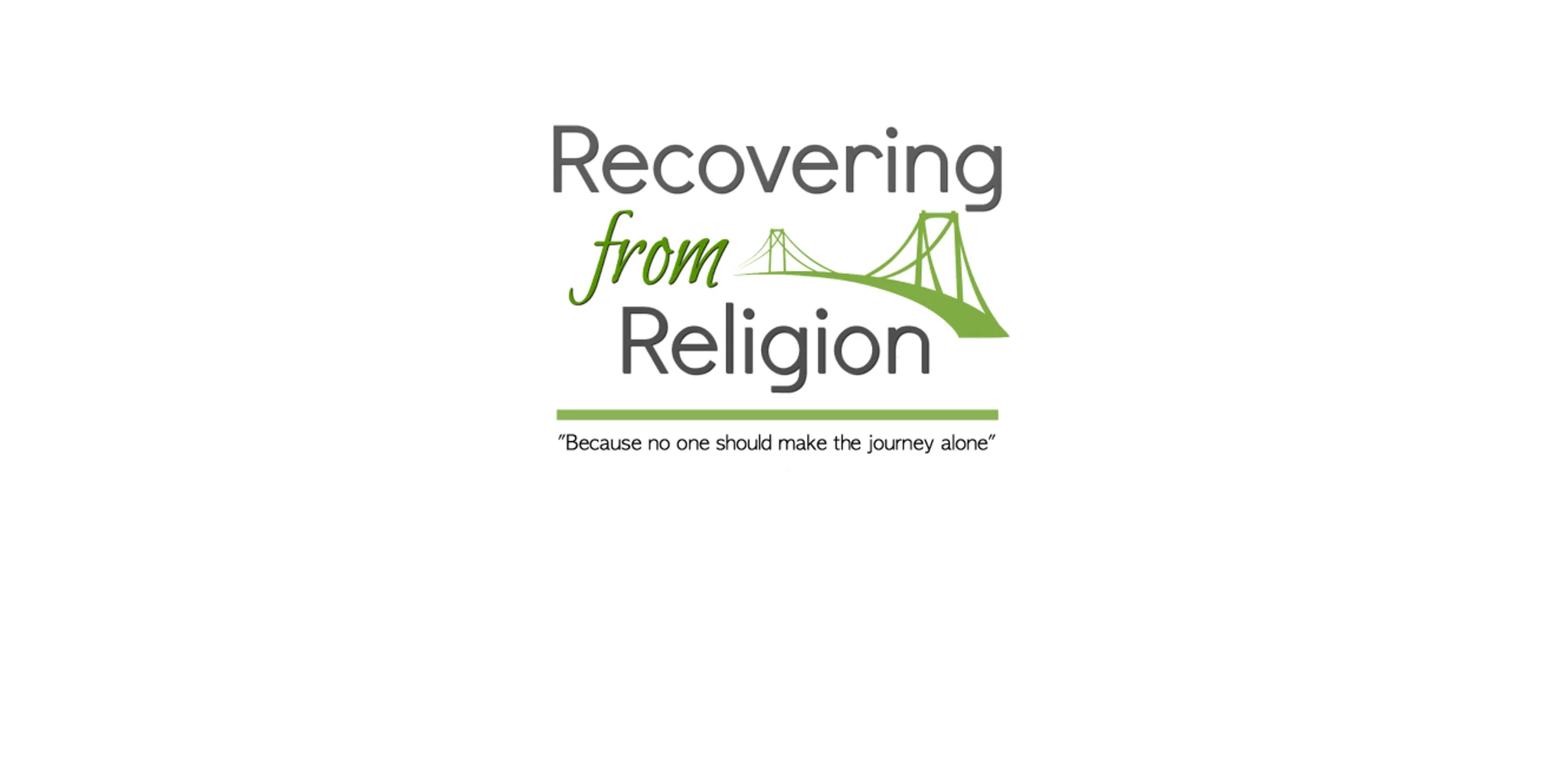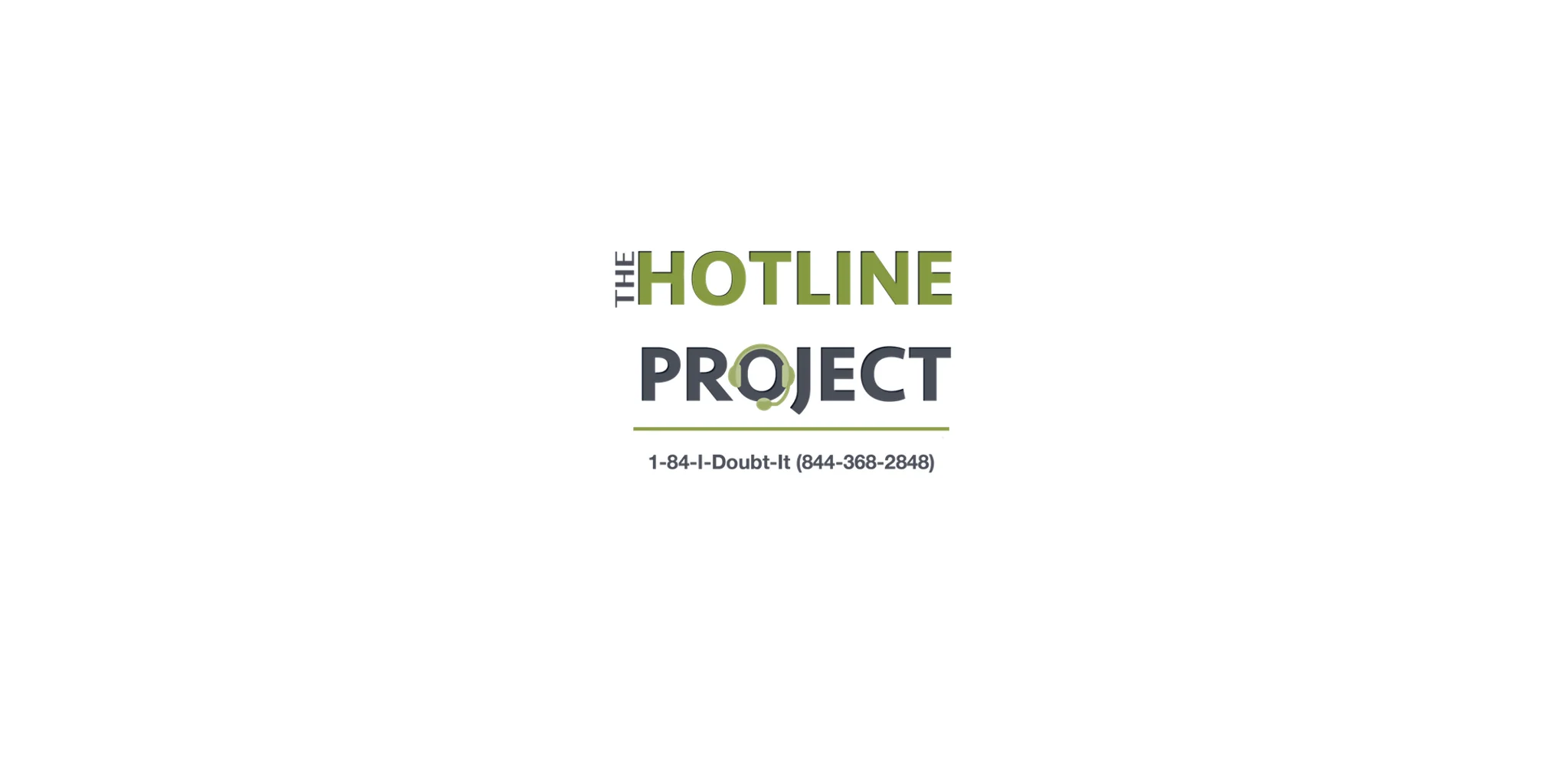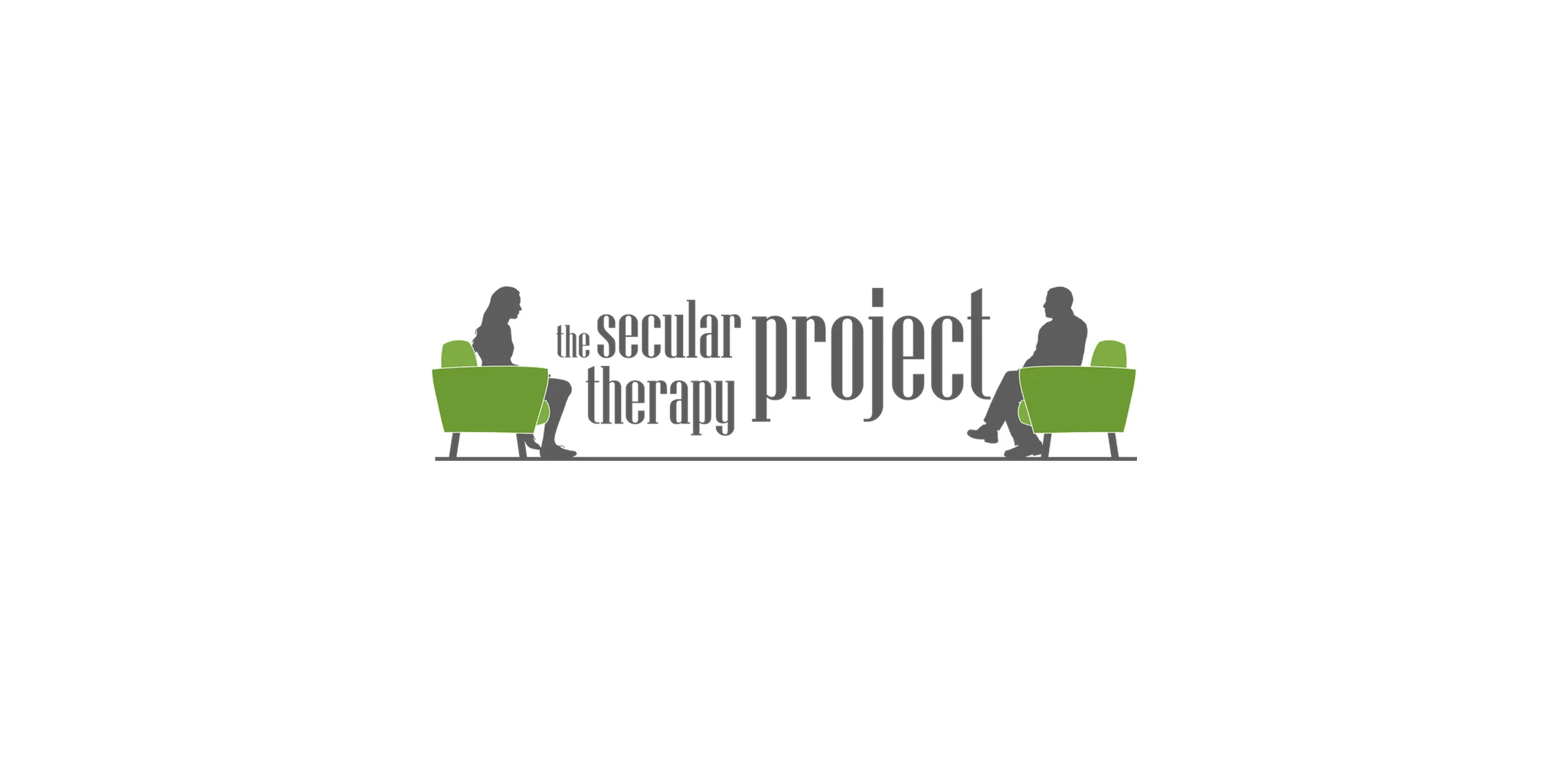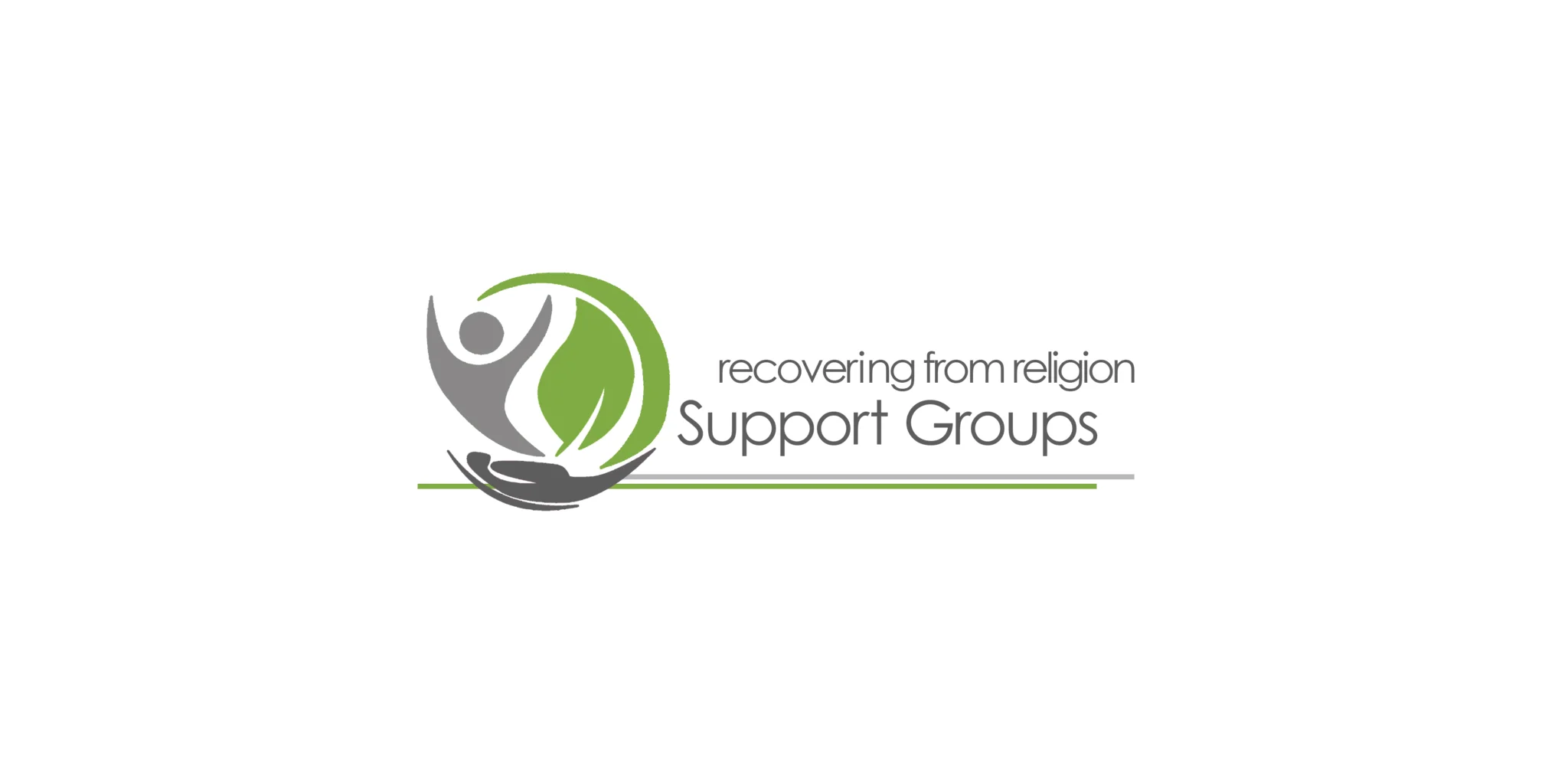




Home
Home
Doubt your beliefs? Have questions about changing or leaving your faith?
You are not alone, and we are here to help.
Learning how to live after questions, doubts, and changing beliefs is a journey. We at Recovering from Religion are intimately familiar with this path, and we are here to help you to cross that bridge. Our passion is connecting others with support, resources, community, and most of all, hope.
We want to meet you where you are and connect you to people that understand what you are feeling, the questions you have, and the obstacles you face. Our projects serve this mission in three ways:
The Hotline Project offers compassionate agents via phone and chat who will listen to you and offer their support. They've been where you are, and they want to help.
The Secular Therapy Project will connect you with a therapist who will offer only evidence-based and non-religious treatment. Our network of skilled and licensed therapists is always growing.
Local support groups give you the opportunity for face to face peer support in your local area to explore the impact of religion in your life, without judgment, with other people going through, or having gone through, the same experience.

Hotline Project2
Hotline Project2
The Hotline Project
"What will my parents think if I tell them I don't believe?"
"Will my spouse leave me?"
"My pastor tells me I should just pray more, but it doesn't seem to be working."
"Will leaving my church affect my job?"
We are very familiar with these kinds of questions and want to offer support. Connect with people who understand your struggle with doubt, faith, and managing relationships in religious communities. Our agents are happy to talk with you. They will listen to your concerns and help you with questions.
Need to talk? The Hotline is open! Call 1-84-I-Doubt-It (1.844.368.2848)
or Connect with our Live Chat below!

Secular Therapy Project
Secular Therapy Project
Connect With A Therapist Who Understands Being Secular
One in four adults, approximately 61.5 million Americans, qualifies for a mental health diagnosis in a given year. In order to overcome these problems, large number of people seek out mental health treatment from psychologists, psychiatrists, counselors, and other therapists. In conjunction with this growth in need for effective mental health providers has been an increase in the number people who classify themselves as atheist, agnostic, or simply non-religious. Unfortunately, many secular people report that they cannot find a secular counselor who uses evidence-based treatment in their community. They seek out a local therapist, attend a few sessions, and are sometimes met with recommendations from their healthcare provider to pray, attend church, or participate in faith-based activities as part of their therapy plan. This is unethical and unacceptable, but happens all to frequently. However, we can help.
Our Network of Secular Therapists
There are many secular therapists available to help people who prefer an evidence-based approach, but finding them on your own might be difficult. Some therapists are even concerned about openly advertising as being secular for fear of losing clients and facing other negative social and professional consequences. Our Secular Therapy Project Director and his team of volunteers carefully screen each therapist who has applied to be a part of our network to ensure that the therapists in our database are a) professionally qualified, b) secular in nature, and c) using evidence-based practice. That is how we can be certain our recommendations are solid and you will receive the quality of care you deserve.
Our Method
Dedicated secular mental health clinicians review each application submitted by every mental health care provider who wishes to be listed in our database. Our experts evaluate each application based on three separate criteria:
- Appropriate licensing in their state and/or country
- Maintaining a secular practice
- Exclusive use of evidence-based treatments
Once an applicant has been proven compliant to these criteria, they are added to our extensive database of health care providers so that people seeking help through out platform can find them.
What is Evidence-Based Treatment?
Evidence-based treatment is a set of methods that have undergone rigorous clinical trials and been found to be effective at treating particular types of mental health issues, from cognitive-behavioral therapy for numerous disorders to applied behavioral analysis for autism spectrum disorder to interpersonal therapy for depression. A significant number of mental health clinicians have not been trained to use evidence-based treatments or even actively reject the notion that psychotherapy can be scientifically-informed and evidence-based. That means their clients are not receiving gold-standard treatments for many problems. By requiring health care providers in our network to use evidence-based treatment, we are making sure that everyone we refer to these providers receive the best in treatment.

Support Groups
Support Groups
Support Groups
The primary focus of Recovering from Religion is to provide practical and personal support to individuals as they cope with changing beliefs. A range of emotions and life changes can result from this transitional period, and we believe that being in the company of others who are experiencing or have experienced what you are going through can make the difference in not only surviving, but thriving after this change.
We offer local groups that meet monthly all over the world. Each local meeting is free to attend. Some groups do accept free-will donations for their local needs, but you are never expected to pay and there is no obligation whatsoever to make a donation. Anyone exploring a life outside of religious belief is welcome.
What Do We Talk About?
A wide range of topics are open for discussion, but meetings usually consist of people talking about their experiences and feelings in the context of their changing beliefs. You will be surrounded by people who are happy to listen, empathize, and offer their support for your journey.
Topics May Include:
- Feelings of loss or grief about your beliefs or religious community
- A sense of betrayal about what you were taught to believe
- Lingering fear or doubt about leaving your religion
- Managing relationships with people in your life who still believe
- Anger about being manipulated, coerced, or held back by your previous beliefs or religious community
- Letting go of feelings like shame or guilt
- Opportunities for education and personal growth
- Success in meeting personal goals and sources of happiness and comfort
You will not be subject to preaching, nor told to "pray harder" because proselytizing and evangelizing are not allowed. Practices grounded in supernatural beliefs like faith healing may not be endorsed. Maintaining a safe space for group members is very important to us. Groups are led by trained facilitators because we understand that you need help through your journey and your experience. We're here to be a friend for you along the way.
Click the button below to find a support group near you!